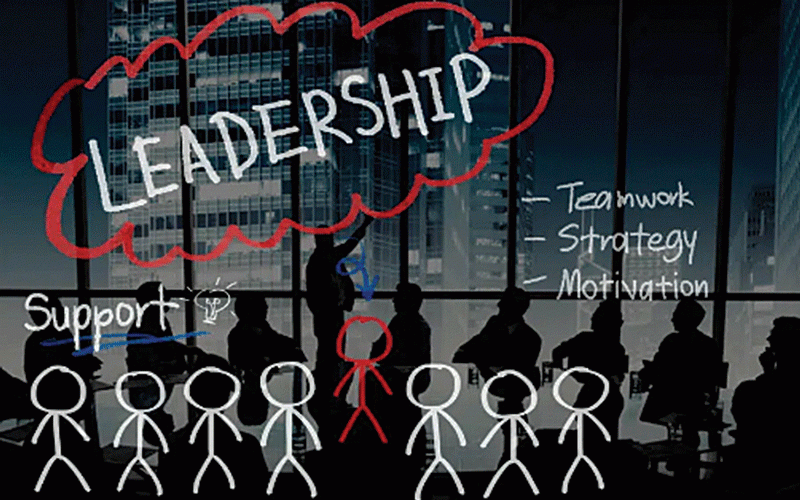
THE presidency in Zimbabwe has always found a way to pacify the restive population whenever there is some problem, they pull out the Commissions of Inquiry Act, conduct a hearing and put the resultant report under lock and key.
This is a piece of legislation that legally allows the President to hide information from the citizens even if it is in the public interest. We have had this legislation for donkey years and it always comes in handy. This has been evidenced by Sandura, War Veterans Compensation Fund, Chihambakwe and Dumbutshena commissions and of late the Motlanthe and Uchena commissions.
The Commissions of Inquiry Act section 7 reads: “It shall be the duty of the commissioners after taking the oath referred to in section five — (a) to make a full, faithful and impartial inquiry into the matters specified in the proclamation; and (b) to conduct the inquiry in accordance with the directions, if any, in the proclamation; and (c) in due course, to report to the President in writing the result of their inquiry; and (d) when required to do so, to furnish to the President with a full statement of the proceedings of the commission and of the reasons leading to the conclusions arrived at or reported.”
The wording is very clear, the report is for the President and nowhere else in the Act is it mentioned what he/she should do with the report after receiving it. And President Emmerson Mnangagwa, like his predecessor the late Robert Mugabe, abuse the legal lacuna to protect senior Zanu PF members from facing prosecution or having their misdeeds put into the public domain.
Last week, Mnangagwa received the Peri-urban State land inquiry report from Justice Tendai Uchena. The report in line with the Act was only given to Mnangagwa. However, Uchena, in handing over the report, presented a short executive summary that highlighted a few things such as that the State was prejudiced of US$3 billion in illegal land sales, Zanu PF honchos and MPs were implicated and some senior civil servants had their hands in the cookie jar.
Land reform is a topical issue considering how it was done post 2000. Zanu PF was at the forefront of the allocation of the appropriated land, it chose who was to be resettled where and how much land each beneficiary would receive.
Mugabe, before his ouster from power in a military putsch in November 2017, instituted a land audit that was chaired by Charles Utete. The report never became public, most likely Mugabe feared exposing his wife as it has now come out after his fall that he and his family have 16 farms.
Mnangagwa instead of dusting the Utete report and making it public, thought of having his own narrow investigation targeting peri-urban land. This land has turned some Zanu PF apparatchiks into overnight millionaires after they parcelled it out and sold it to desperate home-seekers.
- Chamisa under fire over US$120K donation
- Mavhunga puts DeMbare into Chibuku quarterfinals
- Pension funds bet on Cabora Bassa oilfields
- Councils defy govt fire tender directive
Keep Reading
This created wealthy land barons, who now have a combined networth of billions and immeasurable political capital. This in many ways pushed Mnangagwa to curtail them. It is power retention stupid! Mnangagwa is uncomfortable with these party members having capital and living with the uncertainty that they can fund his ouster from power. The report is most likely to be kept under lock and key and only used against potential political rivals. Interestingly, not even Parliament, the opposition and civil society or the media sees any need to compel Mnangagwa to make this report public.
Parliament is conflicted, particularly since the Mike Mataure parliamentary reforms that said MPs should declare their assets way back in 1996. No parliamentarian has publicly declared their assets. The trend is very clear, no one has had the spine to challenge Zanu PF government to declare who are the beneficiaries of the farm mechanisation programme that cost a whopping US$300 million. The debt was taken over by the Reserve Bank of Zimbabwe through the Reserve Bank Debt Assumption Act.
Probably Zimbabwe needs men and women of spine like the Mail and Guardian in South Africa. A newspaper that took former South African presidents Thabo Mbeki and Jacob Zuma to court to release the Kampepe Report. Kampepe is a former South African judge who was sent to Zimbabwe on a fact-finding mission just before the 2002 Zimbabwe presidential election. Mbeki refused to release the report into the public domain, hiding behind State security and diplomatic reasons.
The court, however, had a different opinion when in 2014 it ordered the report to be made public. Can we have the same here? Can the courts be independent and rule against the presidency?
It is important that Parliament plays its role by amending the Commissions of Inquiry Act to compel the President to table any report from any commission he/she sets up in Parliament. The opposition in the name of democracy should do that. The media using Access to Information and Protection of Privacy Act should demand that such reports be released to them in the public interest. For now, Zanu PF continues to get away with it simply because we have become a docile nation.
Zimbabwe can no longer afford to have that information on the basis of the presidency’s benevolence. Rights and information in the public interest should now be demanded. Litigation may be a new avenue to hold the powerful to account, not waiting for them to give information in dribs and drabs when they fall out like the current war of attrition between Zanu PF factions.
Paidamoyo Muzulu is a journalist and writes here in his personal capacity. He can be contacted on [email protected]











